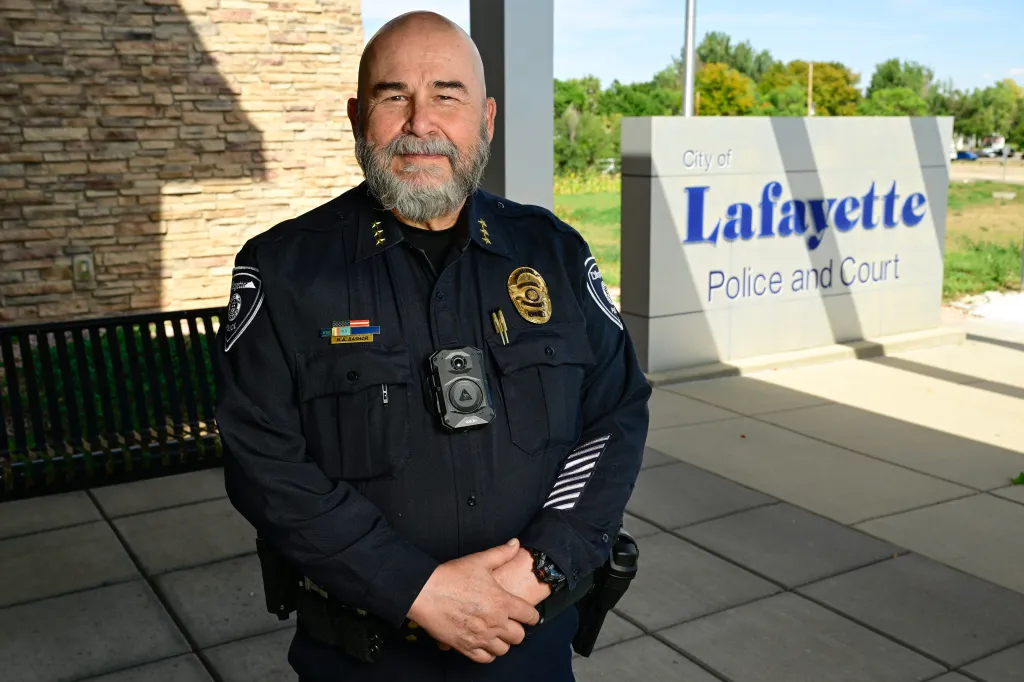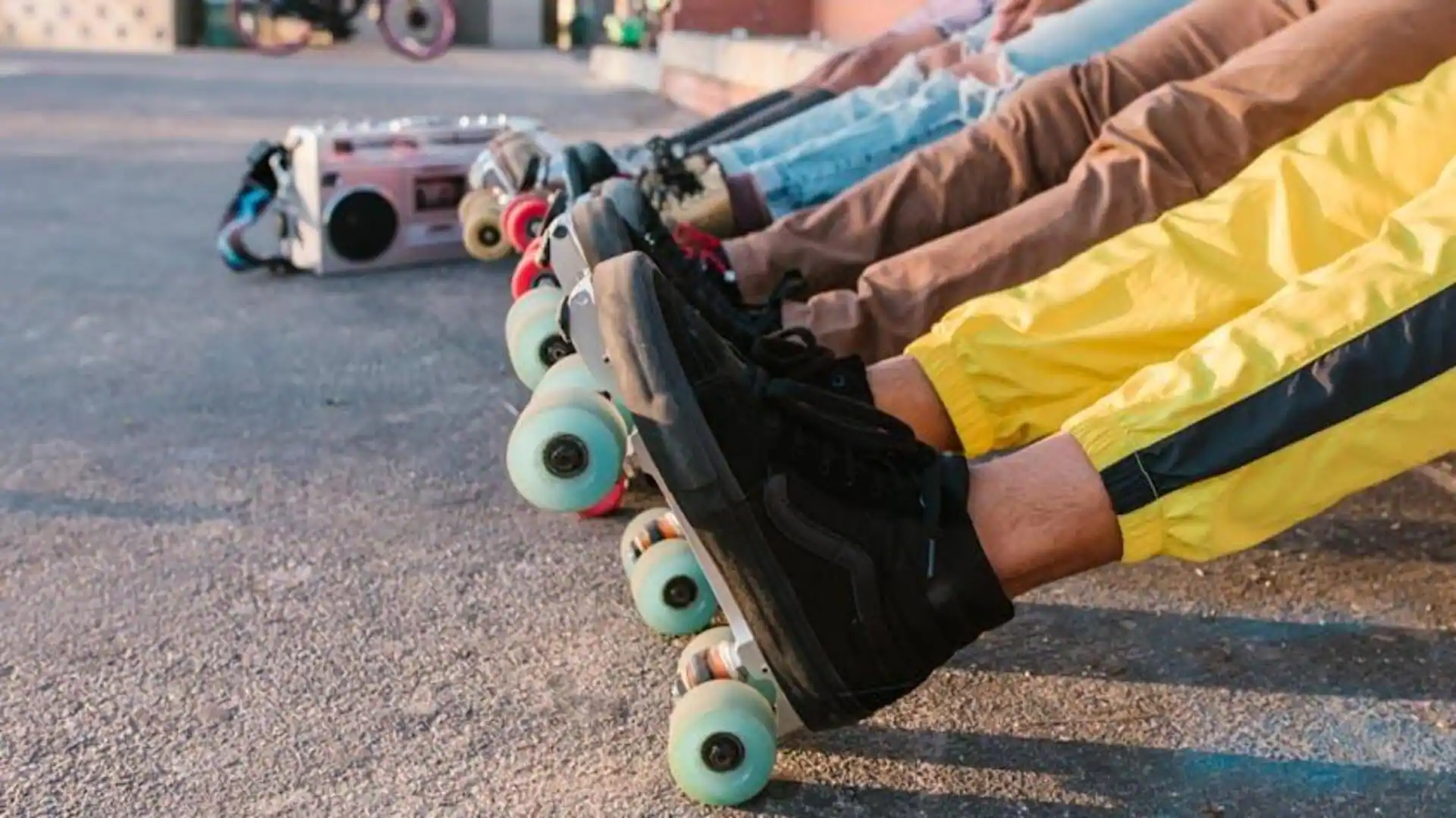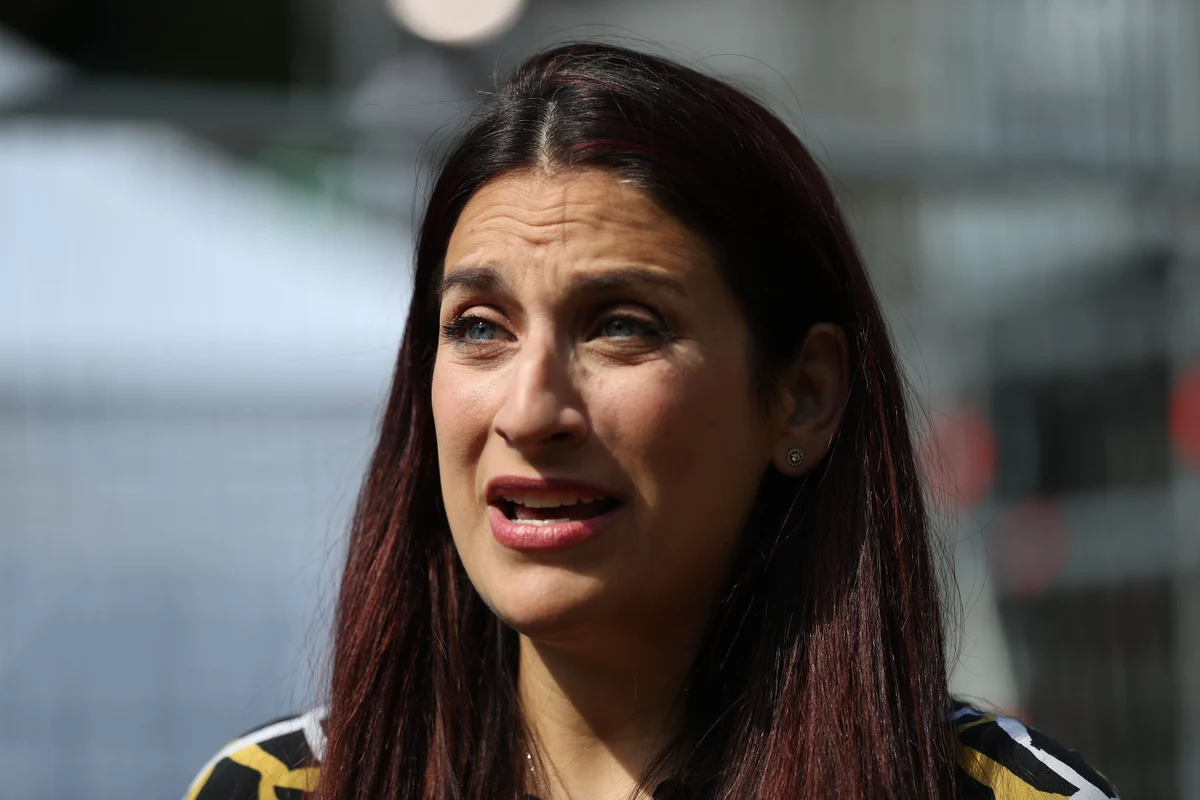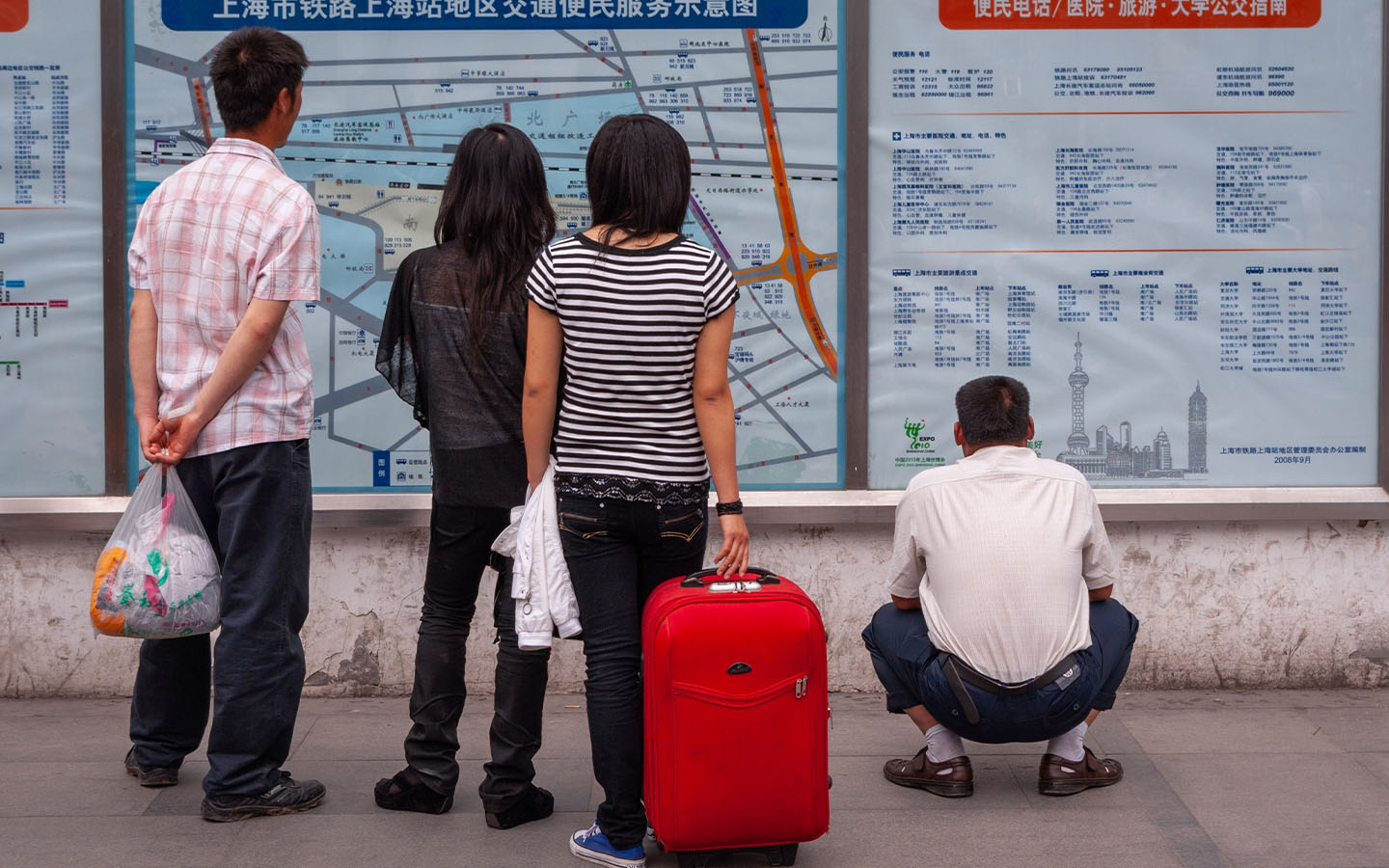
When Lafayette police Chief Rick Bashor joined the department in 1983, the city had a population of around 10,000. Today, Lafayette is home to over 30,000 people, according to the city, and Bashor is preparing to retire after more than four decades in law enforcement.
Over that time, Bashor helped guide Lafayette police through sweeping changes — from the rise of new technology to national calls for police reform and the challenges of the coronavirus pandemic — all while expanding the department alongside the city’s rapid growth and strengthening ties with residents through what he has described as a community-policing approach.
Bashor’s family roots in Colorado run deep: His grandfather and father were born in Boulder County, and he grew up in Longmont before moving to Lafayette in 1979. He happened upon a career in law enforcement after a relative invited him on a reserve officer ride-along in the Berthoud area, an experience that led him to apply for Lafayette’s reserve program.
“I got bit by the bug,” Bashor recalled during an interview with Colorado Hometown Weekly — seated in the same room at the Lafayette Police Department where he gave his first media interview as chief, he noted.
From the time he applied, his career at the Lafayette department “snowballed,” Bashor said.
In his roughly 43 years with Lafayette police, Bashor saw the agency grow from 18 sworn officers to 51. He served as an officer, detective, SWAT negotiator, training sergeant, firearms instructor, lieutenant and commander before being named police chief in 2010, according to the city.
In addition to overseeing the construction of a new police and municipal court facility with a firearms training center, he also added a chaplain program, created a supervisor development training program and initiated a mental health support program. Bashor worked to expand the department’s public transparency and engagement, implemented its mental health Co-Responder Program, developed the Youth Engagement Program and created an Unhoused Liaison Program, according to the city’s retirement announcement.
Technology transformed policing in many ways throughout his long career, Bashor said, some of which have been positive. When he started in the 80s, the department relied on a “fax machine and radios.” Today, officers are equipped with in-car computers, automated license plate readers and e-citation systems. Lafayette began implementing body cameras for some officers more than a decade ago.
But Bashor also helped guide the city through challenges brought on by new technologies, including a 2020 ransomware attack that prompted Lafayette to pay $45,000 to address the problem.
“That was something new and challenging that the department faced,” Bashor said.
Other challenges, he said, have been in shifting societal narratives around law enforcement. Bashor’s years as chief overlapped with the COVID-19 pandemic and nationwide calls for reform amid the killings of George Floyd and Breonna Taylor in 2020. At that time, he said he focused on community policing — an approach centered on “the importance of communicating with your community.”
He launched a series of public meetings to answer questions and “build trust” in 2020, where, he said, residents asked “a lot of good questions that enabled us to explain what the Lafayette Police Department was, is and what our beliefs are.”
“We saw so many departments across the country being painted with the same brush,” Bashor said. “Lafayette is not like some of those big cities. I think those conversations helped us get through it and build solid relationships.”
Bashor has also prioritized mental health response, helping establish the city’s co-responder program, which pairs officers with clinicians. “We see it almost every day — acts of violence tied to people suffering a mental health crisis,” he said. “That continues to be one of the biggest challenges in law enforcement.”
At a Sept. 16 City Council meeting, leaders and residents honored Bashor for his decades of service. Resident Karen Norback said she was grateful for his “empathy,” while another resident, Vicky Uhland, added: “I’ve never been a fan of the police, but that changed when I met Chief Bashor.”
Councilmember Tim Barnes recalled hard conversations during 2020 that left him “able to defend Lafayette’s police” to neighbors.
Nationwide protests surrounding police use of force in 2020 made Barnes “question how I feel about police just in general,” Barnes said. “And with lots of conversations with Chief Bashor, I’ve gotten to the point of being able to defend Lafayette’s police to our neighbors. It took me a while to get to that point. I had some really hard questions, and the chief and I had some great conversations and I really appreciate the openness … I hope people understand what it looks like to serve as a police officer the way Chief Bashor and our officers do.”
Bashor, who said he has served under 14 Lafayette mayors, grew emotional as he thanked the community and City Council during the Sept. 16 meeting: “We’ve worked together hand in hand to build what we’ve got. And that is truly community policing,” he said.
As for what’s next: time with family, long-delayed vacations and hobbies like restoring classic Camaros, he told Colorado Hometown Weekly. “It’ll be nice not to carry two cellphones or get 2 a.m. calls about major incidents,” he said. “I’m going to miss the people — my coworkers, city staff and the community. It’s going to be bittersweet.”
Bashor’s last day is set to be Oct. 9. The city has not yet announced Bashor’s permanent successor, but he said Deputy Chief Brian Rosipajla is likely to serve as interim chief.



